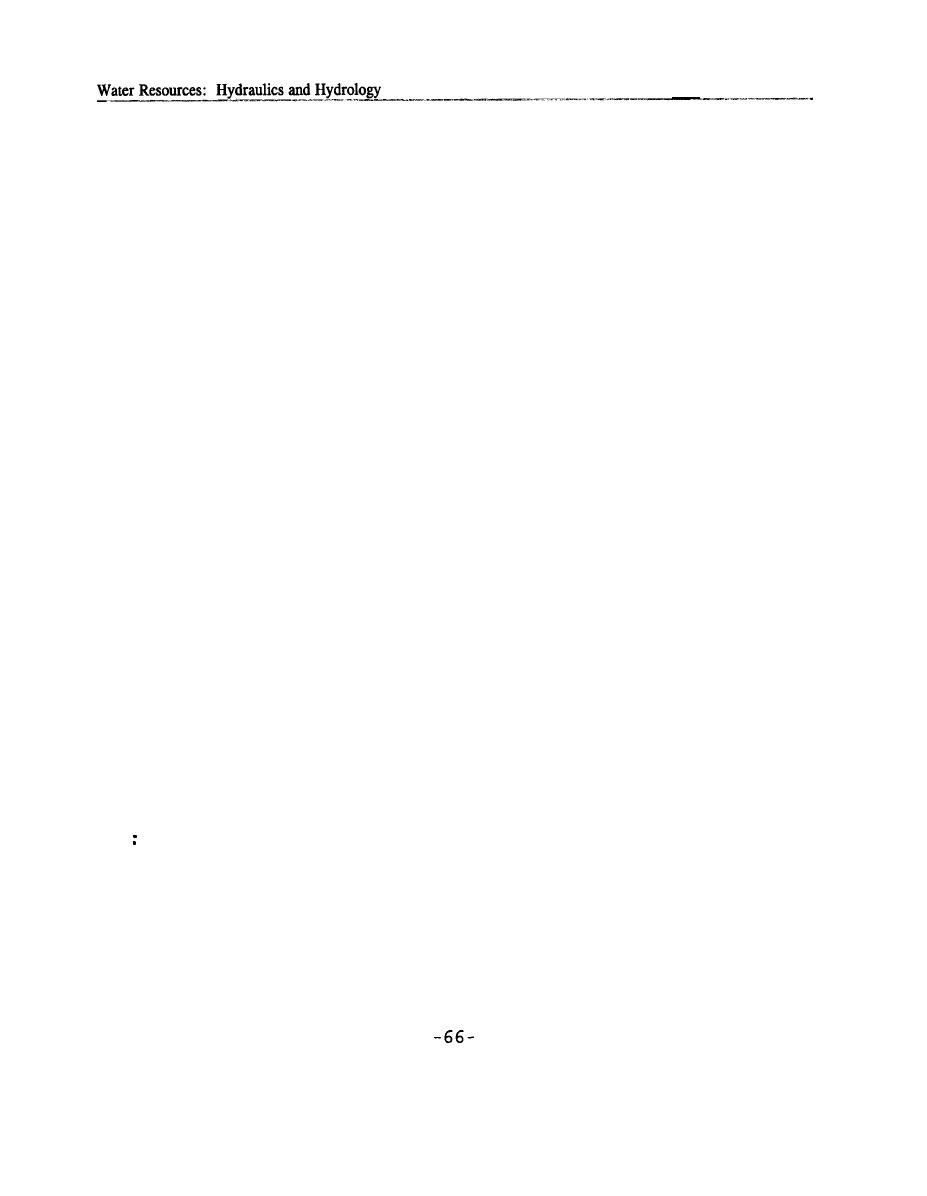
A ..
So, without anybody knowing about it, UNESCO paid us our expense money in
rubles. When I signed up for this trip to take this excursion, which they had
arranged because of the changing of schedules, to go from Leningrad, to the
laboratory, to Moscow, they wouldn't take rubles. Had to give them dollars. So
I had rubles coming out of my ears. I had brought dollars,_ figured I'd be spending
dollars. But one of the chaps at the meeting, he must have heard me joking about
it, he was in a position to spend rubles so he took, I don't know how many, some
rubles off my hands. He sent me a check later on for them. But we still'had a lot
of rubles, and so we bought a lot of canned fish eggs.
Q ..
Caviar?
A ..
Caviar and stuff like that. They had foreign shopping stores, where you could only
spend dollars, too.
Q ..
They don't have much of that
They don't have many any more, I'll tell you that.
any more.
A ..
I don't suppose, but we bought a lot of little toys and gifts, and things that we
brought home to get rid of those rubles.
Q ..
Yes, it's not in a very good condition there, the last time I was there. They're not
doing too well.
A ..
That's a shame.
Q ..
What about the quality of the Russian hydrology and civil engineering that you saw
from those trips ? How good was it? Was it fairly good?
A
It was pretty good. I think in working with the Russian people on these committees,
in some things, particularly in a lot of things where you use a lot of mathematics,
they were pretty far along on the mathematical end of it. The laboratory was, I
would say it would have met our standards. They were doing several things that I
was quite interested in I think partly on this sub-surface flow business which nobody
had done too much here. Although later on the Forest Service did more, I think it
was the Forest Service. The sub-surface flow is a lot more noticeable in the little
more rugged territory. One man did publish papers on it.



 Previous Page
Previous Page
